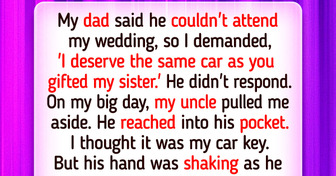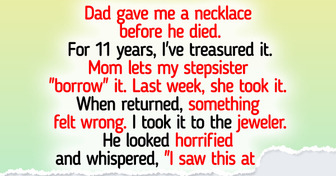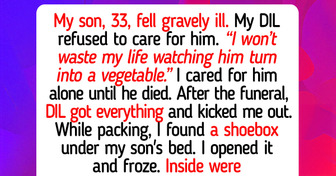16 Examples of Cosplay That Are Even Better Than the Original

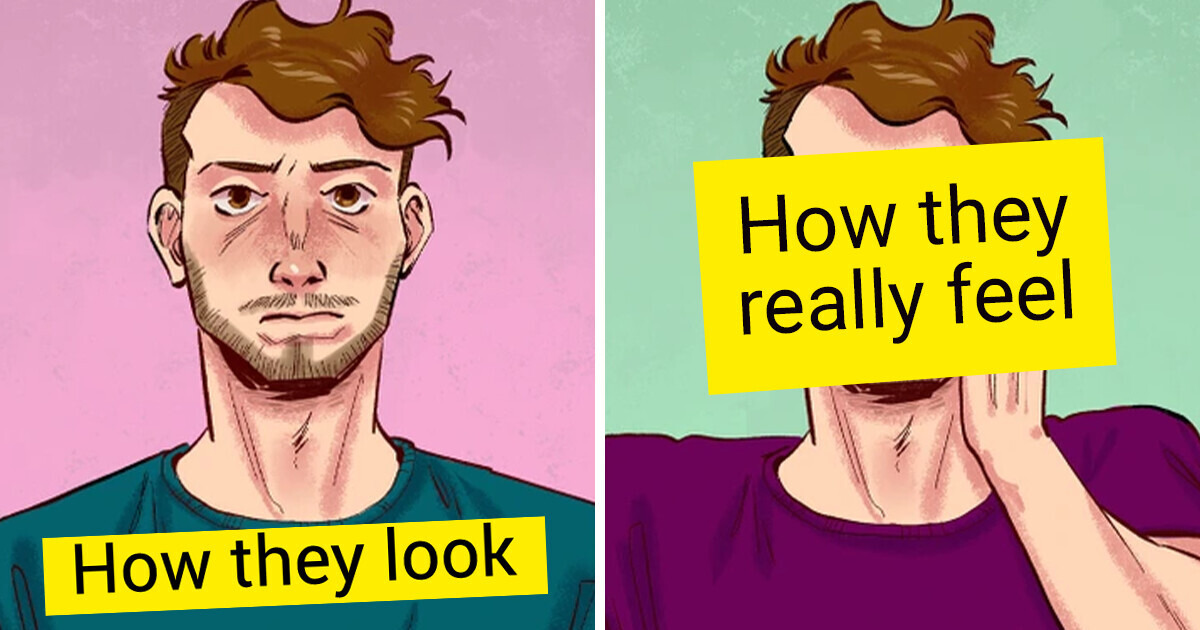
We used to think that women had a tendency to display their emotions more openly than men. Of course, everyone is different and some men can be very emotional and easily say what they feel. Still, researchers try to investigate why guys don’t express themselves like women do.
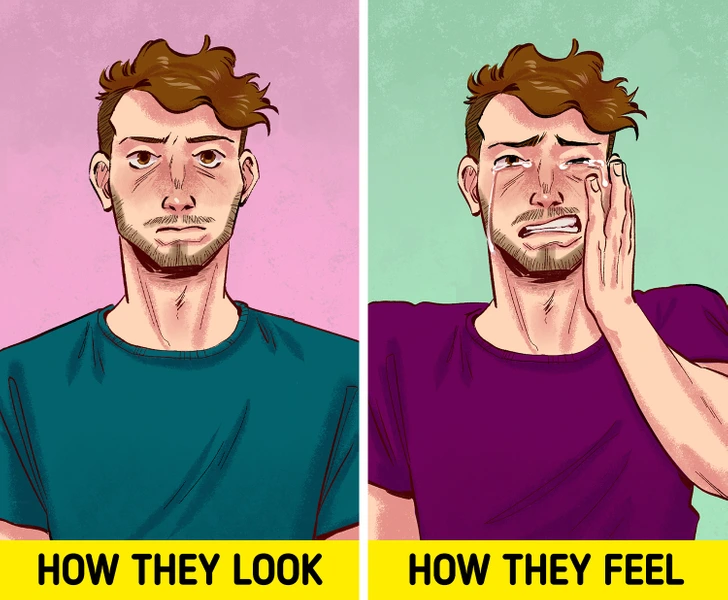
“I feel like he doesn’t care,” women are often heard saying when they can’t get any feedback about their partner’s feelings. But is that really true? While statistics indicate that women are more susceptible to depression and anxiety, men are also affected by mental health conditions.
Did you know that over 30% of men will experience depression at some point in their lives? And, approximately 9% of men report experiencing feelings of depression or anxiety daily. Despite societal expectations for men to conceal their emotions, it’s crucial to recognize the importance of addressing mental health concerns in men. Let’s explore why men hide their emotions.
Surprisingly, the common phrase, “man up,” appears to play a significant role in this behavior. This term, defined by the Cambridge English Dictionary as “dealing with something more bravely,” is just one societal pressure that distorts the perceptions of masculinity.
Research conducted by men’s health charity Movember reveals that almost one-third of men feel the pressure to appear manly or masculine, with younger men, aged 18-34, experiencing this at even higher levels (47%). Understanding these societal influences can help us overcome barriers to men’s mental health and well-being.
Men frequently exhibit fewer visible signs of mental health concerns and are less likely to discuss them openly. The report says that when women are depressed, they frequently display sadness or vocalize their feelings, while men typically show signs of anger, irritability, or aggression. By understanding these gender-specific differences in expressing mental health challenges, we can better identify and address them.
Men don’t vocalize their feelings, and it works against them.
No one explained to men how to express themselves. Societal expectations and childhood conditioning often teach men to be tough and unemotional, leaving them unsure of how to express their feelings.
While women may openly express their heartbreak, men tend to hide their pain and appear stoic. This societal pressure can make it challenging for men to be vulnerable, as that is considered a taboo. As a result, men’s emotional well-being may suffer. By promoting open conversations about mental health and breaking down stereotypes, we can help men feel comfortable and empowered to express their emotions.
The Corpus Callosum, a part of the brain that links the left and right hemisphere, is larger in women than in men, leading to a higher ability to feel and think simultaneously. Women can feel and think at the same time.
Men, on the other hand, tend to separate their emotions from their thoughts, resulting in hesitance to discuss emotional topics. While this may lead to difficulty communicating about sensitive issues, it’s important to recognize and understand these gender-based differences.
Men and women are the same in some ways, but still different. Even the way they handle stress can vary depending on social expectations, physiology, and psychology.






